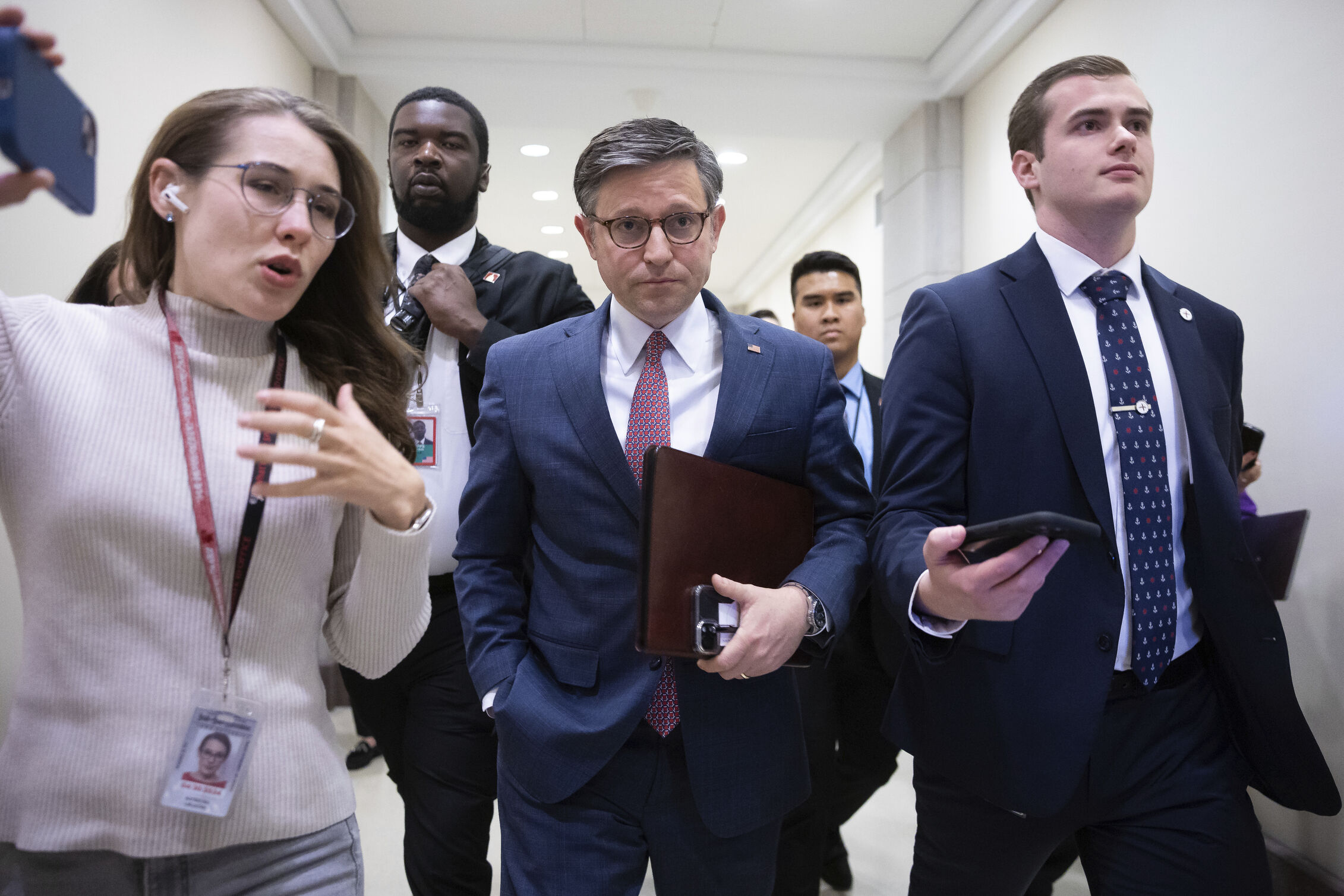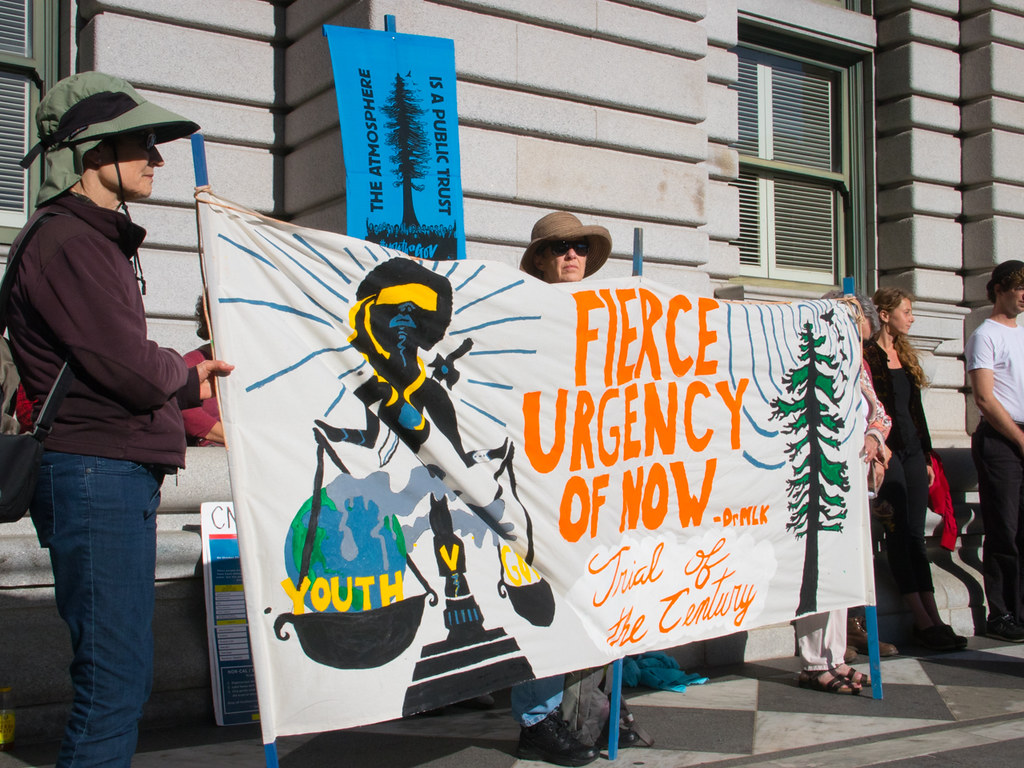Partial Ceasefire Begins in Yemen, Turkey Makes New Push for Gulen Extradition, U.S. Concerned about Potential Offensive in Eastern Syria
Ceasefire Enters Force in Hodeidah after Productive Peace Talks
Published by The Lawfare Institute
in Cooperation With

Ceasefire Enters Force in Hodeidah after Productive Peace Talks
A week of peace talks between the warring factions in Yemen concluded last Thursday with the announcement of agreements to de-escalate fighting in the partially besieged city of Taiz and establish a ceasefire throughout the province of Hodeidah, where Saudi and Emirati-backed pro-government forces have been advancing on a strategic Houthi-held port. Going into the talks, diplomats had described establishing a ceasefire in Hodeidah that would allow humanitarian aid to transit the port as an important goal but one that might require too many concessions to achieve. Negotiators, though, were able to build on a prisoner swap, a crucial confidence-building measure, which both sides agreed to early in the talks.
The truce in Hodeidah went into effect at midnight on Tuesday, and U.N. Special Envoy for Yemen Martin Griffiths said that calm has taken hold after some initial skirmishes in the early hours of the morning. Clashes had continued over the weekend, between the signing of the agreement and its implementation. Last Friday, Griffiths called on the United Nations to endorse “[a] robust and competent monitoring regime,” which he said had the support of the government and Houthi delegations, and Patrick Cammaert, a retired Dutch general, is expected to arrive in Hodeidah on Wednesday to coordinate with local officials overseeing the ceasefire. Officials from states invested in the conflict have hailed the talks as successful. The outgoing U.S. ambassador to the United Nations, Nikki Haley, called the negotiations in Geneva “encouraging” and praised their “concrete outcomes,” and a spokesperson for the Iranian Foreign Ministry told Iranian state media that “Iran welcomes the agreement ... and hopes it will pave the way for the next round of dialogue for concluding a final accord among Yemeni groups.” The delegations will reconvene at the end of January to discuss next steps, including a possible deal to reopen the airport in Sanaa.
The progress in negotiations coincides with increased political pressure from the U.S. Senate to wind down U.S. involvement in the Saudi coalition that intervened in the war starting in March 2015. Last week, the U.S. Senate passed two significant, though largely symbolic, votes. The first invoked the War Powers Act to require the U.S. military to end its participation in the Saudi intervention, and the second roundly condemned the Saudi government and Crown Prince Mohammed bin Salman (MBS) for their involvement in the operation that killed Jamal Khashoggi in Istanbul in October. Khashoggi’s death has widely been seen as pivotal in garnering Republican support for legislation to discontinue U.S. support for Saudi operations. The bill calling for the end of U.S. involvement in the Saudi intervention marks the first time that the U.S. Senate has drawn on their War Powers authority, which was established in the 1970s in response to the Vietnam War, but it is unlikely to have any legal effect in the near term; the bill is unlikely to pass in the House, where similar legislation was scuttled last month by Speaker Paul Ryan. The resolution on Khashoggi’s death is also a bit toothless—it is a non-binding sense of the Senate bill—but still a remarkable break in the U.S.-Saudi partnership that places new pressure on the crown prince and the Trump administration, which has issued statement after statement defending U.S.-Saudi ties.
In an interview with Reuters after the vote, Trump once again reiterated his support for MBS. “He’s the leader of Saudi Arabia. They’ve been a very good ally,” he said on December 11, again playing down the CIA’s assessment that MBS had been involved in the operation to kill Khashoggi. Trump also denied that the Khashoggi’s death had affected MBS’ path to the throne. “Honestly, I can’t comment on it because I had not heard that at all,” he said. “In fact, if anything, I’ve heard that he’s very strongly in power.”
But reports of unrest within the Saudi royal family continue to circulate. The Financial Times reported last week that King Salman is trying to push out key advisors in his son’s inner circle that he considers bad influences and enablers of the crown prince’s reckless policies. Previous reports had suggested that a trusted senior royal might be brought in as a partner and steward to temper MBS’ governance, or that MBS might be replaced in the line of succession outright. The Wall Street Journal also reported last week that the Saudi government has been using its public investment fund, the large slush account that was supposed to fund the country’s transition to a diversified economy, to juice the faltering Saudi stock exchange, Tadawul. When stocks have tipped downward after bad news, the government has quietly bought up shares, routing the transactions through intermediate investors to hide the public investment fund’s role. The Journal reports that purchases to inflate stock values occurred after the Saudi government rounded up dozens of royals and imprisoned them in the Ritz Carlton in November 2016, when news broke that MBS had held Lebanese Prime Minister Saad Hariri under duress for several days, and amid the political crisis that has followed Khashoggi’s murder.
The Saudi government responded to the Senate resolution in a statement from the Foreign Ministry. “The Kingdom categorically rejects any interference in its internal affairs, any and all accusations, in any manner, that disrespect its leadership ... and any attempts to undermine its sovereignty or diminish its stature,” it said, while also dismissing the controversy over the appropriate response to Khashoggi’s murder as a U.S. “domestic political debate.”
Turkish Government Says Trump Considering Extraditing Gulen
Turkish Foreign Minister Mevlut Cavusoglu said over the weekend that the Turkish government expects the United States to extradite Fethullah Gulen, a controversial cleric living in Pennsylvania who Turkish President Recep Tayyip Erdogan has accused of organizing an attempted coup in July 2016. In an interview at a conference in Doha, Qatar, Cavusoglu said that Turkey has received promising signals from the United States that an extradition may be forthcoming.
“Recently, I have seen the credible investigation of the FBI in several states, and they have actually seen or noticed the darkness of this organization and how they have been violating the U.S. laws—including tax fraud, visa fraud, and also some other illegal activities—and how professional they are,” Cavusoglu said, referring to Gulen and his movement, which Turkey has designated as a terrorist organization. Cavusoglu also claimed that Erdogan and Trump discussed the extradition of Gulen at the G20 summit in Argentina earlier this month.
NBC News reported last month that the Trump administration had floated the idea of expelling Gulen from the United States as a potential incentive for Erdogan to ease pressure on Saudi Arabia as Turkey mounted an international media blitz castigating the Saudis for executing Jamal Khashoggi at a consulate in Istanbul. The National Security Council and Justice Department denied the report at the time, and White House officials reiterated their denial on Monday after Cavusoglu’s comments in Doha.
Turkey has been urging the U.S. government to extradite Gulen since the 2016 coup attempt, and Trump’s initial national security advisor, Michael Flynn, was involved in an effort to remove Gulen from the country while simultaneously working as a campaign advisor for Trump. While heading his consulting firm, Flynn Intel Group, Flynn and his associates allegedly received money from the Turkish government that was channeled through intermediaries to hide its origin to fund projects to discredit Gulen and persuade the U.S. government to have him removed from the country. Flynn admitted he lied to investigators about the project last year; in his sentencing memo released earlier this month, the special counsel noted that Flynn had provided important information in another criminal case, which BuzzFeed reports may be related to new charges brought against two of his former business connections. Flynn’s business partner at the consulting firm, Bijan Kian, and Kamil Ekim Alptekin, a Turkish associate, were charged this month in Virginia for not disclosing their work for the Turkish government. The project reportedly included the production of a documentary promoting the Turkish government’s narrative regarding the 2016 coup attempt and other public-relations consulting, but previous reporting has suggested that Flynn and his associates may have also been planning to kidnap Gulen in exchange for a reward of up to $15 million.
Turkey Threatens New Offensive in Eastern Syria
The foreign ministers of Turkey, Russia and Iran, along with U.N. Special Envoy for Syria Steffan de Mistura convened in Geneva today to discuss the formation of a 150-person council that will draft a new Syrian constitution. The formation of the council was decided at a conference in Sochi in January, and Russian President Vladimir Putin has previously urged the list of participants to be finalized by the end of the year. De Mistura, who is stepping down as special envoy at the end of the month after more than four years in the role, has also pressed for the formation of the council, which he says could be vital in breaking an impasse in negotiations to end the civil war. At issue on Tuesday is who will comprise a consensus list of 45 delegates for the council endorsed by the three intervening states, which will then be approved by the United Nations.
Jim Jeffrey, the Trump administration’s special envoy for Syria, said earlier this month that he sees the drifting peace process as an opportunity for the United States. Al-Monitor reports that U.S. officials “believe Assad’s weakening economy could force Russia to the bargaining table, as Moscow and Iran will not be willing to put up military forces for the Syrian regime in the long term.” One anonymous official also said that the United States was supporting Russia’s efforts to establish the constitutional committee while Jeffrey simultaneously encouraged countries to “pull the plug” on Russia’s Astana talks.
While peace talks remain stalled, some countries are not waiting for a formal settlement to reengage with the Assad regime. On Sunday, Sudanese President Omar al-Bashir became the first Arab head of state to meet with Assad since the start of the civil war. Of all the Arab leaders to visit Damascus, Bashir is a fitting start; he is most notable for being under indictment by the International Criminal Court for also committing atrocities against his own population. But, as Kamal Alam and David Lesch write in War on the Rocks, the Gulf states are also warming to Assad again—if only in an effort to counterbalance Turkey and Iran’s influence in the Levant.
While the civil war in the country’s west has been mostly paused since the implementation of a demilitarized buffer around parts of Idlib province, tensions are rising in the east. Turkish President Recep Tayyip Erdogan has again begun threatening to extend the Turkish military incursion in Syria past the Euphrates River into areas held by U.S.-backed Kurdish forces. “We will start the operation to clear the east of the Euphrates from separatist terrorists in a few days,” Erdogan said last Wednesday, stressing that the operation would not target U.S. troops. Turkish officials have periodically threatened to target Kurdish forces in eastern Syria, but not since the implementation of an arrangement with the United States to conduct joint patrols in the contested city of Manbij, which began at the start of November. After a phone call between Erdogan and Trump last Friday, the White House issued a statement saying the United States and Turkey had agreed to “continue coordinating to achieve our respective security objectives in Syria.”
The United States currently has approximately 4,000 troops deployed in eastern Syria, providing support to local forces in areas captured from the Islamic State. As Liz Sly, reporting for the Washington Post, writes, “President Trump indicated in March that the troops would be brought home once the battle is won, and the latest military push to eject the group from its final pocket of territory recently got underway. In September, however, the administration switched course, saying the troops will stay in Syria pending an overall settlement to the Syrian war and with a new mission: to act as a bulwark against Iran’s expanding influence. That decision puts U.S. troops in overall control, perhaps indefinitely, of an area comprising nearly a third of Syria, a vast expanse of mostly desert terrain roughly the size of Louisiana.”





